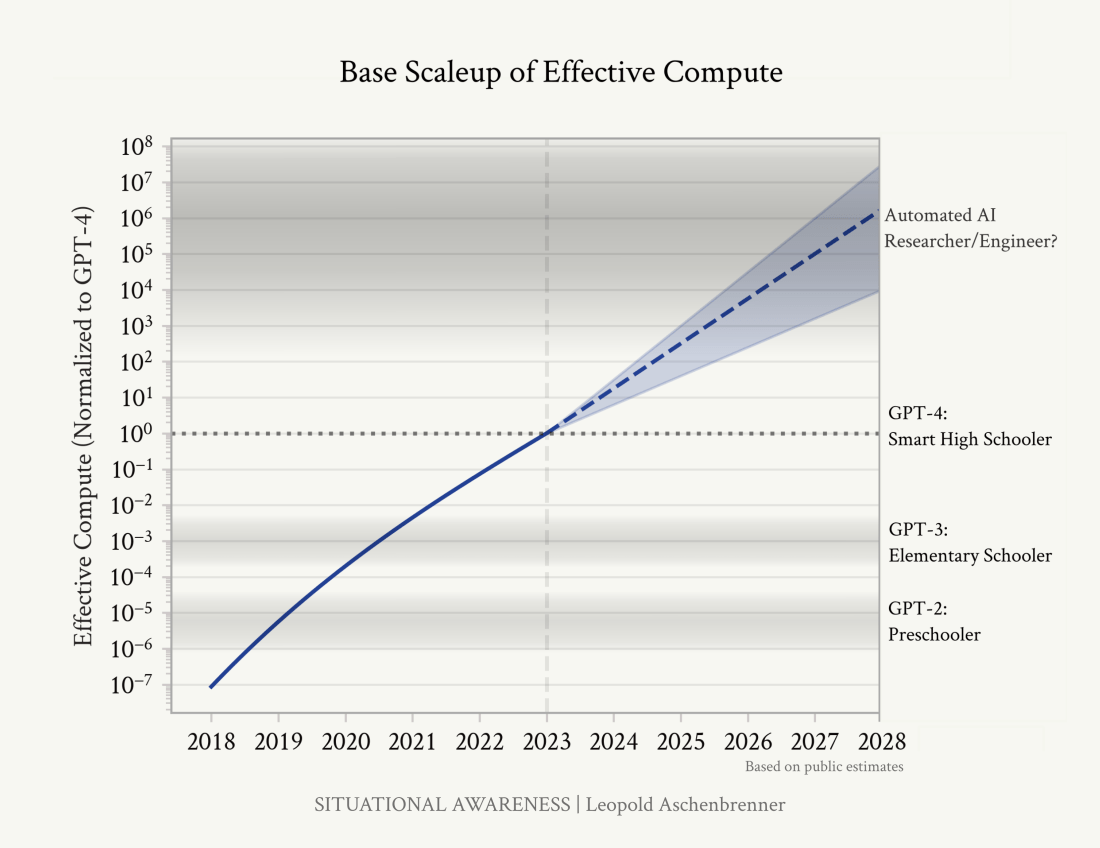Book review: Genesis: Artificial Intelligence, Hope, and the Human Spirit, by Henry A. Kissinger, Eric Schmidt, and Craig Mundie.
Genesis lends a bit of authority to concerns about AI.
It is a frustrating book. It took more effort for me read than it should have taken. The difficulty stems not from complex subject matter (although the topics are complex), but from a peculiarly alien writing style that transcends mere linguistic differences – though Kissinger’s German intellectual heritage may play a role.
The book’s opening meanders through historical vignettes whose relevance remains opaque, testing my patience before finally addressing AI.
Continue Reading